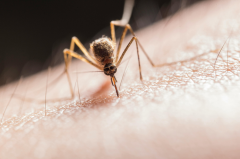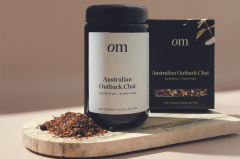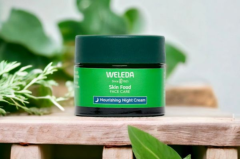Dengue fever is a serious (potentially life-threatening) viral, mosquito-borne illness that medicine today has little to offer for treatment, apart from symptom relief. There is a vaccine but, due to its potential side effects and toxicity, there is a list of clinical criteria (in Australia) that must be complied with, before it is considered.
It was of interest that a healthy and fit 51-year-old woman consulted me before visiting dengue-endemic Southeast Asia (40 per cent of the population was infected at the time) for a preventive program against the virus. Her lack of prior infection was an advantage.
Dengue fever is spread by the Aedes aegypti mosquitoes — a known vector of several viruses including Zika, Chikungunya and yellow fever, as well as dengue fever. Dengue fever is not contagious by human-to-human contact, as its transmission is reliant on the mosquito vector.
As such, we discussed various aspects of prevention initially with a focus on reducing the risk of being bitten. These mosquitoes thrive in densely populated areas lacking reliable water, waste management and sanitation. They inhabit human buildings as these are protected and provide a major food source — humans. They are attracted by the chemical scents secreted by the human body. They also like stagnant water to breed in and are active during the day, as well as at dawn and dusk.
Personal protective measures are therefore critical. Wearing loose, light-coloured clothing that covers the whole body — reducing skin exposure — and utilising an effective mosquito repellent is important. Lemon eucalyptus spray is less toxic to the person than pharmaceutical repellents containing the chemical DEET (research indicates it is generally as effective). Spraying clothing is also effective. A non-toxic mosquito-repellent bracelet was also suggested.
Research shows daily use of coconut oil as a moisturiser may help deter Aedes aegypti mosquitoes, as it masks the human scent. Essential oils mixed in coconut oil for dilution can be used topically, research recommending neem, clove and lemongrass as being the most effective. Burning these oils in rooms along with citronella may also help.
Indoors should be mosquito-proof. Using a mosquito net preferably also sprayed with a repellent (lemon eucalyptus) was suggested. She could also purchase insecticide-treated mosquito nets. Well-screened and air-conditioned rooms are safer.
Thiamine (vitamin B1) is an old remedy to prevent being bitten by mosquitoes (and other insects).
Research suggests that it changes the human scent to one that repels mosquitoes. The standard dose is





